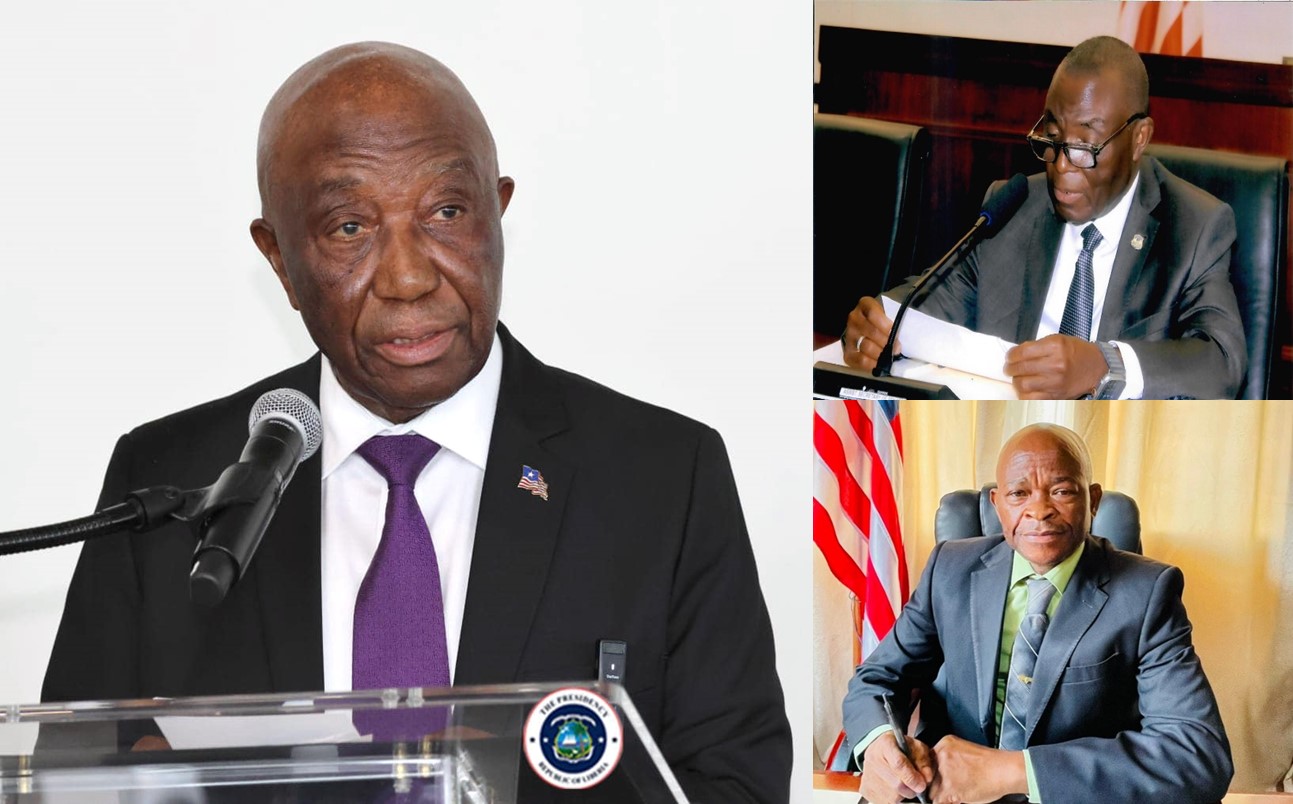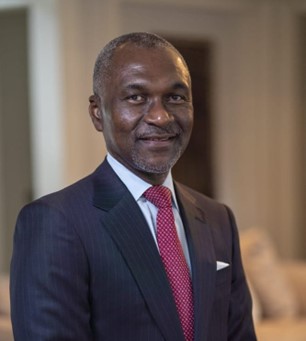Solway Investment Group, a metals and mining conglomerate based in Switzerland, has been dragged to court over land rights issues in Guatemala. The Inter-American Court of Human Rights, on February 9, 2022, heard the land rights case of the Maya Q’eqchi’ community Agua Caliente Lote 9 versus Guatemala, according to Mongabay, a U.S.-based non-profit conservation and environmental science news platform.
It appears like Solway’s disrespect for local indigenous’ rights and attitude of damaging forestland is not unique to their branch in Nimba County, Liberia, but everywhere that the company operates.
According to Mongabay, an indigenous community engaged in a decades-long struggle for land rights in Guatemala has brought its battle to the international court in a case that could have far-reaching implications for indigenous rights and mining activity. The people of the area are craving that the court orders the state to establish legislative and other measures to recognize the right of communities to collective property over lands they possess, and to use, develop, control and benefit from the natural resources that are in their territories.
Similarly, residents of Blei and Sehyi Kodoo districts, Nimba County, are accusing the company of violating the terms of the Mineral Development Agreement (MDA) between it and the Government of Liberia (GOL), as well as the memorandum of understanding (MoU) between the company and the communities—damaging the forest while failing to pay agreed fees or even reveal the budget against which payments should be calculated.

In June 2020, the board representing Blei and Sehyi Kodoo community forests signed a memorandum of understanding (MoU) with Solway, allowing it to explore for new deposits of iron ore—something not permitted under the area’s conservation management plan. The Ministry of Mines and Energy granted the company an exploration permit for the area in 2019—a fact discovered by the communities only when bulldozers appeared and began building a road into the forest.
Environmental advocates are demanding that the Government of Liberia (GoL) arrest the situation before the dwellers of local communities take the law into their hands, as there are rumors that residents of Blei and Sehyi Kodoo districts are threatening to end the agreement between them and Solway due to the company’s insensitivity to the terms of agreement of their contract, describing the company as a complete disappointment.
Meanwhile, observers are calling on the Government of Liberia (GoL) and authorizing agencies to cause a total and complete review of all concession agreements and the unconditional review of concession agreements and, where necessary, be legislated instead of administrative decisions and awards.
“The transformation of this country is dependent upon clear cut binding concession agreements that will bring growth and development to local communities. In fact, it requires a thorough review of all concession agreements of high capital investments and returns. This will help provide and bring developments to localities by and through corporate social responsibilities,” Pero M.K. Kerkula, a US-based Liberian activist, recommended.
Kerkula quoted, “Villagers from the Blei and Seyi Kodoo districts agreed to allow Solway Mining Incorporated to explore for iron-ore deposits in their territory in the Nimba mountain range in northern Liberia.
“Under pressure, these communities overrode their decade-old conservation management plan and agreed to allow Solway access to community-managed forests in exchange for jobs and funding for health and education. The villagers now say these promises have not been kept and are threatening to withdraw from the deal.”
He emphasized that the people of Nimba and Liberia have indigenous land rights as well as communal land ownership, and this should and must be respected.
According to him, the locals of Nimba County have already given their consent and, in return, the social corporate responsibility for the growth and development of their areas should and must be kept and enforced. “This is not even a point of debate as it’s implied and expressed by concession agreements inclusive of corporate social responsibilities,” he underscored.

Recounting the failure of many concessionaires to develop their concession areas, as Solway is being accused, Kerkula said, “considering mining industries—iron, diamond and gold, we are reminded about the deteriorating impacts left on:
“Tubmanburg, Bomi County, and Kongo/Mano River, Grand Cape Mount County, where the Liberian Mining Company (a subsidiary of Republic Steel Corporation), operated for many years and closed down mining operations in the late 1970s;
“Bong Town/Bong Mines, Bong County, where the Bong Mining Company (BMC) was founded by Thyssen (Germany). BMC was forced to close down in 1990 even though it was almost like closed prior to the 1989 civil war.
“The Liberian-American-Swedish Mining Company (LAMCO) in Yekepa is (was) also a distraction as was destroyed during the civil war.
“Today, we can neither see nor point at any tangible development infrastructure, especially in Bomi, Grand Cape Mount and Bong counties. Probably, Nimba County would have been in similarly situated conditions like the other three counties if there were no minimum deposits of iron ore left. The locals need tangible infrastructural developments left with them whenever these giant corporations fold up and leave.”
According to him, indigenous peoples’ rights to sovereignty over their natural resources and land cannot be overemphasized. “Communal land ownership should benefit the communities. In all fairness the inhabitants should have a saying in their land and discuss the kind of development they want. Corporate social responsibilities work for everyone and everywhere giant corporations and other businesses operate,” he noted.
He recommended that lawmakers take a responsible leadership position in making sure that concession agreements are not only legislated but spelt out—social corporate responsibilities expected from giant corporations during phases of operation. He said these development programs should include but not be limited to building and renovating academic and other institutions, healthcare centers and road connecting major towns and administrative headquarters.







